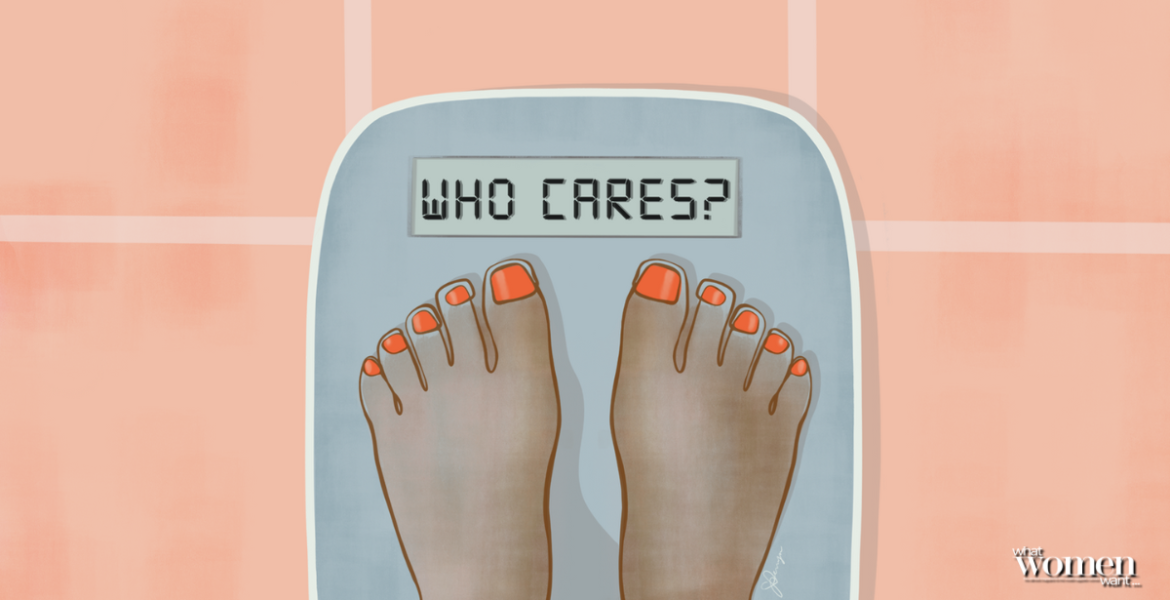So much of our language is shaped by our society’s most prominent views, and the way we talk about food and bodies is no different. Many of us probably don’t think twice about it, yet a lot of the common terms and expressions we use about food, nutrition, and eating habits can be harmful. Conversations should revolve around the positive aspects of the food, and how it makes you feel in your own body without casting judgment or using careless language.
Terms to Be Considered
Labeling food as “good vs. bad” or “healthy” when healthier foods are not morally superior to less healthy foods. People aren’t better or worse because of their food choices. Using “clean” implies that other foods are “dirty” and is a privileged perspective as not everyone has access to “clean” food. Using shaming language like guilty pleasure assumes that everyone is on a diet. Guilt is not an effective motivator for long-term weight loss. All of these terms and words can lead to abnormal behaviors associated with an eating disorder.
Fat As A Descriptor
The word “fat” can be complicated because of how it’s been used, often as an insult or as a synonym for lazy or undesirable. There has been an uprising of embracing it and reclaiming it as a neutral descriptor. The more it’s used in a neutral or positive way, the less power it has as an insult. However, the word can come with a lot of hurt and shame for some. Fat is not a feeling but gets used as such (“I feel fat”), when the intended message is that someone feels uncomfortable or unattractive rather than attributing fatness with a negative feeling.
What to Say Instead
When we change the way we talk , we can change the way we think. It makes us more aware of how to approach our everyday lives better. When talking about food, we can use language that is neutral by describing food in factual nutritional terms. Instead of using addictive language like “binge” consider “indulge in.” Do not refer to foods as clean, rather clarify what they are (whole, minimally processed ingredients, no refined sugar, etc.) If comparing people of different weights/sizes, try people with more/less weight. However, it is always better to let people choose their descriptors and ask people what term(s) they prefer.

